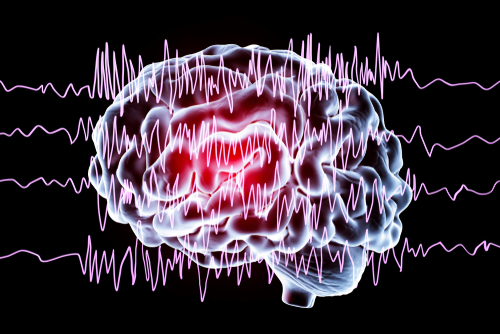Mindfulness, as defined by the Oxford English Dictionary, is “a mental state achieved by focusing one’s awareness on the present moment, while calmly acknowledging and accepting one’s feelings, thoughts, and bodily sensations.” Although many people consider mindfulness to be a form of meditation, Positive Psychology explains mindfulness as a quality, while mediation is a practice. To cultivate and hone mindfulness, it is helpful to be aware of three of its three most important characteristics, which include the following, provided by the University of Minnesota:
- Intention to cultivate deliberate awareness (and return to it again and again)
- Attention to what is occurring in the present moment (simply observing thoughts, feelings, sensations as they arise) while remaining nonreactive
- Attitude that is non-judgmental, curious, and kind (not seeing things as good or bad, nor through the filter of personal judgments based on past conditioning, but rather seeing things “as they are”)
A person who engages in mindfulness practices will have improved self-awareness and will be able to access his or her emotions, thoughts, and feelings more readily and, over time, with ease. This can help an individual become more in tune with his or her surroundings and track how outside stimuli from one’s environment affects his or her body and mind.
The Brain Can Change
The Mayo Clinic refers to the brain as the most complex organ in the human body. It is also known as a highly adaptable and continuously evolving organ. Mindfulness practices can change one’s brain because of its neuroplasticity. Frontiers In Psychology defines neuroplasticity as “a general umbrella term that refers to the brain’s ability to modify, change, and adapt both structure and function throughout life and in response to experience.” Hence, the brain is a continuously evolving organ. Neural pathways are developed through synaptic connections that occur in one’s brain, directly resulting from a person’s habits and behaviors. These connections create a map of a myriad of circuits within one’s brain, influenced by outside stimuli, enabling the brain to process various experiences, and are essential in how the brain retains and accesses information. Neural pathways strengthen with repetition and can similarly become obsolete without repetition. Hence, because mindfulness practices require repetition, they have the propensity to change the brain.
There have been studies that suggest that the tranquility effects of practicing mindfulness can be directly correlated to a reduction in one’s stress levels, which can subsequently have a positive effect on one’s immune system. One study concluded that mindfulness practices are directly correlated to “changes in gray matter concentration in brain regions involved in learning and memory processes, emotion regulation, self-referential processing, and perspective taking.” Research indicates that mindfulness practices lead to an increase in the production of theta and alpha waves, which are the brain wave frequencies associated with enhanced learning abilities and overall mental well-being.
For Information and Support
If you are concerned for yourself or a loved one regarding substance abuse and/ or addiction, we recommend reaching out for help as soon as possible. If left untreated, substance abuse can result in long lasting and potentially life-threatening consequences. Keep in mind: you are not alone! There is an entire network of professionals that are available to help and support you and your loved one throughout the recovery process. The earlier you seek support, the sooner your loved one can return to a happy, healthy, and fulfilling life.
Please do not hesitate to reach out with any questions regarding our specific program at Haven House Addiction Treatment and/ or general substance abuse and/ or addiction treatment related information. Our highly trained staff is readily available to discuss how we might best be able to help you and your loved one. We can be reached by phone at 424-258-6792. You are also welcomed to contact anytime us via email at admissions@hhtxc.com.



